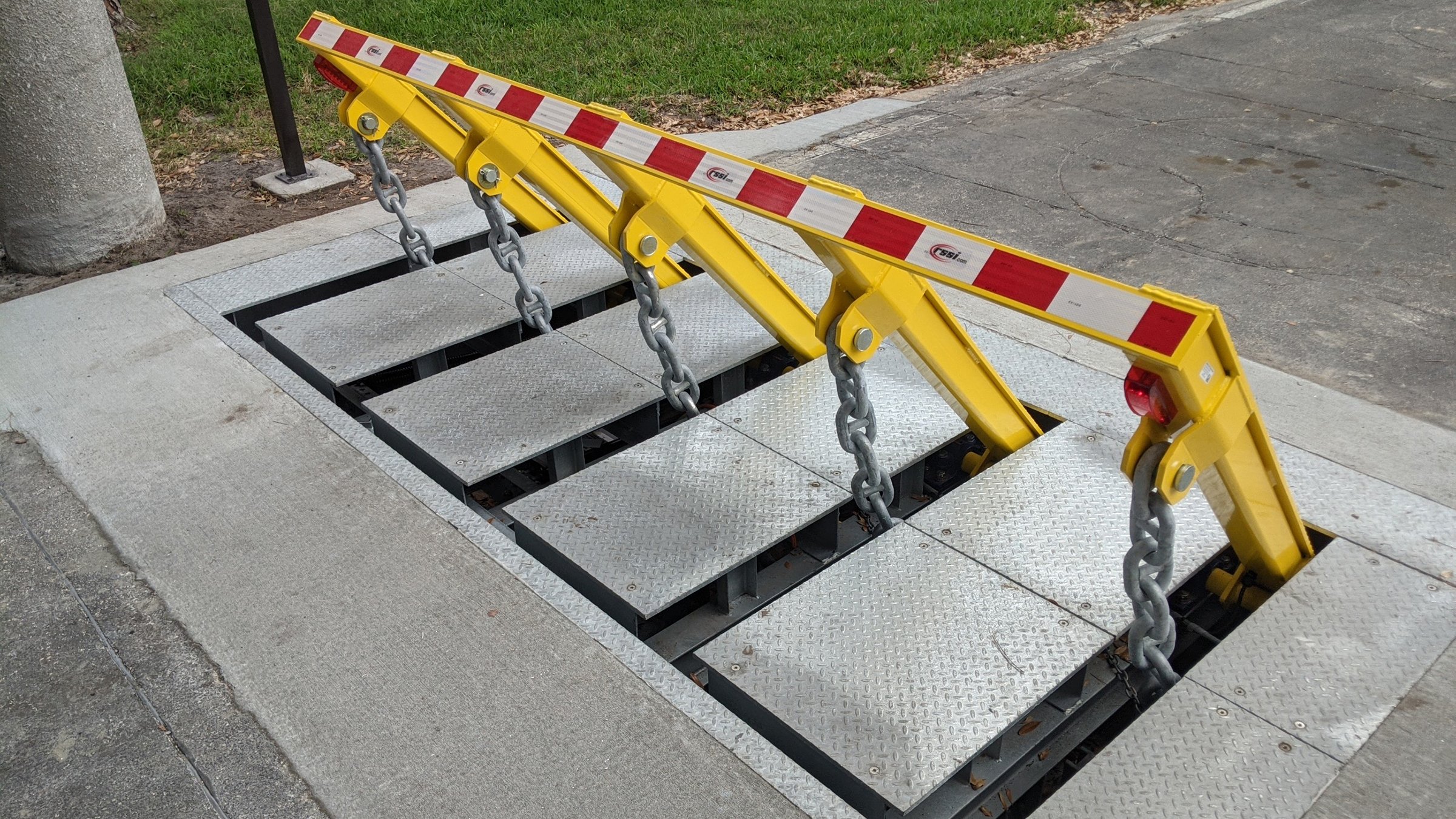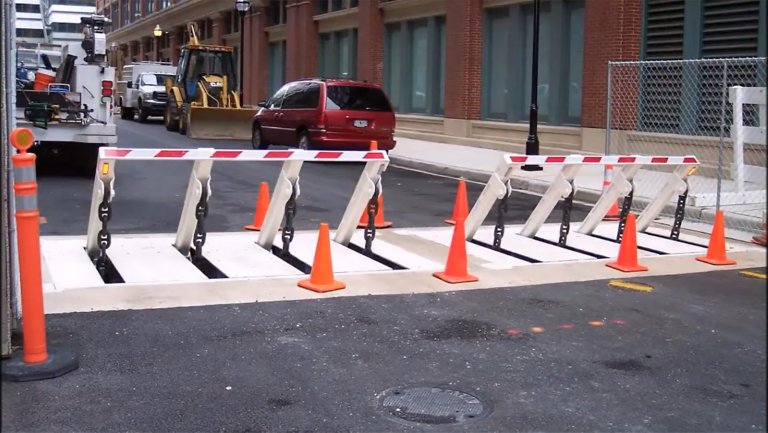As the saying goes, necessity is the mother of invention. For Joey Blair, who was working on a military base as the events of September 11, 2001, unfolded, the need for enhanced facility security gave birth to the idea for RSSI Barriers. The goal: design an all-electric, crash-rated barrier for improved facility security that offers better reliability, lower life-cycle costs and faster speeds than hydraulic or pneumatic options. The company now is the only all-electric vehicle barrier company in the industry.
RSSI Barriers, a Rockwell Automation Gold OEM Partner, worked with the Rockwell Automation Global OEM Technical Consultants team to develop a product line of barriers to protect buildings from automobiles, trucks and other vehicles. The goals were to streamline design time, reduce programming efforts, minimize wiring, increase flexibility for future changes and ease new equipment testing and start-up.
Now 20 years later, the company Blair founded, headquartered in Panama City, Florida, serves customers in more than 70 countries at locations including military bases, government agencies, petroleum companies, data centers and other commercial entities.
The OEM has developed the most advanced electric barrier systems in the industry. The company’s most deployed system, the RSS-2000 Electric Finger Wedge Barrier, is crash-tested and proven to stop a 15,000-lb. vehicle going 50 miles per hour (see video in the sidebar). This wedge barrier consists of a series of posts, or “fingers,” that raise from the pavement when activated. When in the “up” position, it forms a wedge to block traffic.
Hydraulic and Pneumatic Systems
“When RSSI entered the market, there were mostly hydraulic barriers and a few pneumatic systems,” says John Kreutzer, president, RSSI Barriers. “End users became concerned about the reliability and life-cycle costs of those systems.”
Specifically, the hydraulic systems include multiple components such as oil, hoses, fittings and accumulators that are prone to recurring and high maintenance costs.


